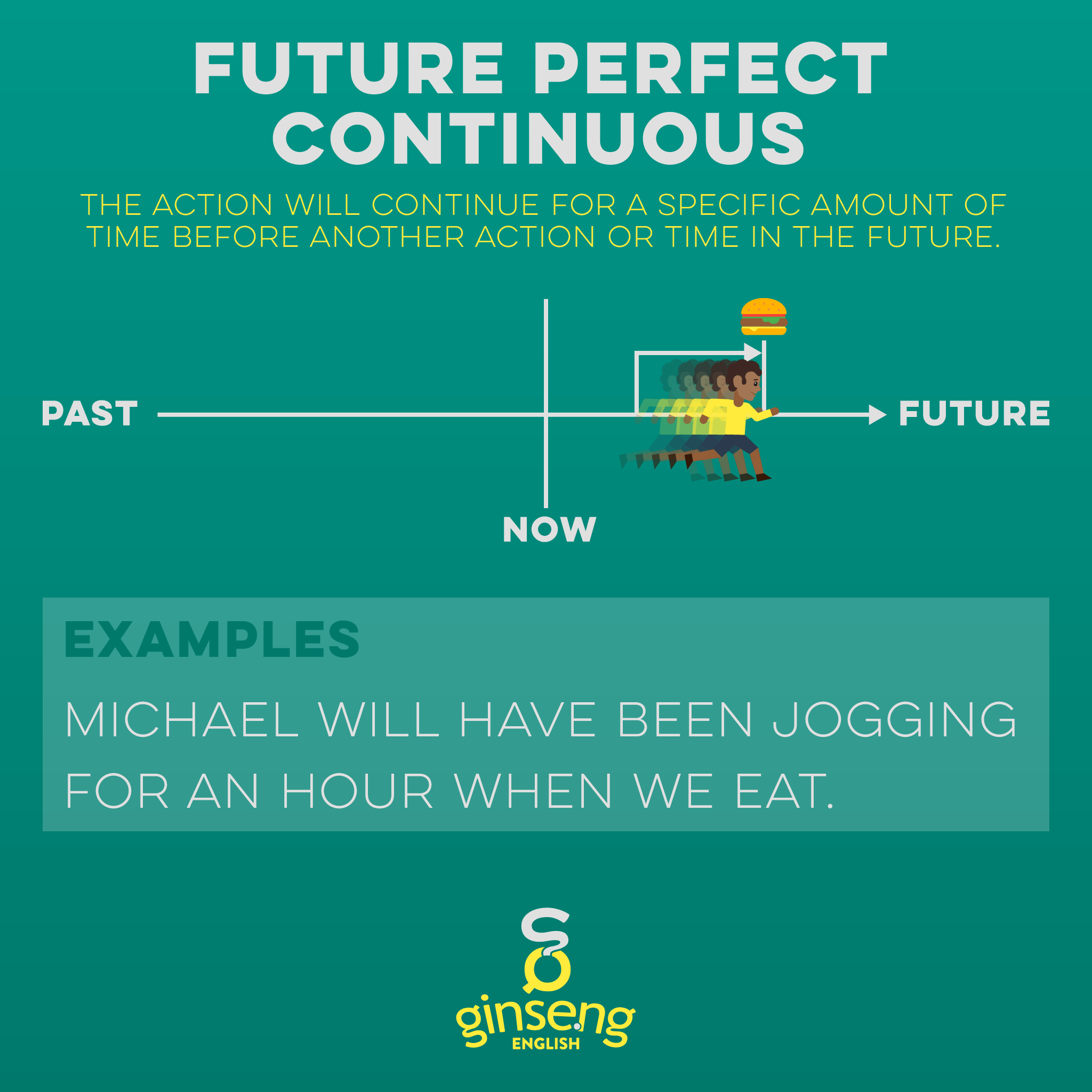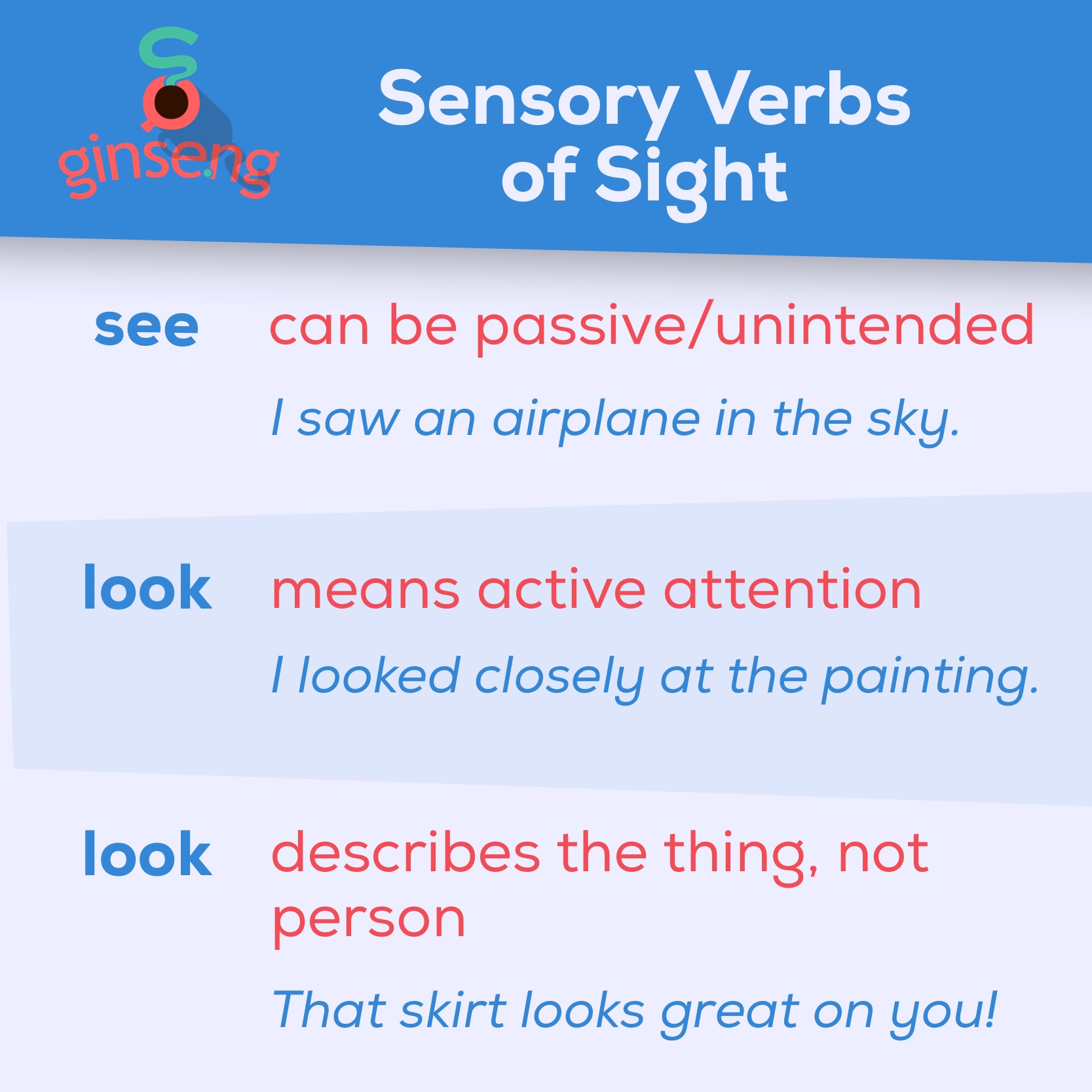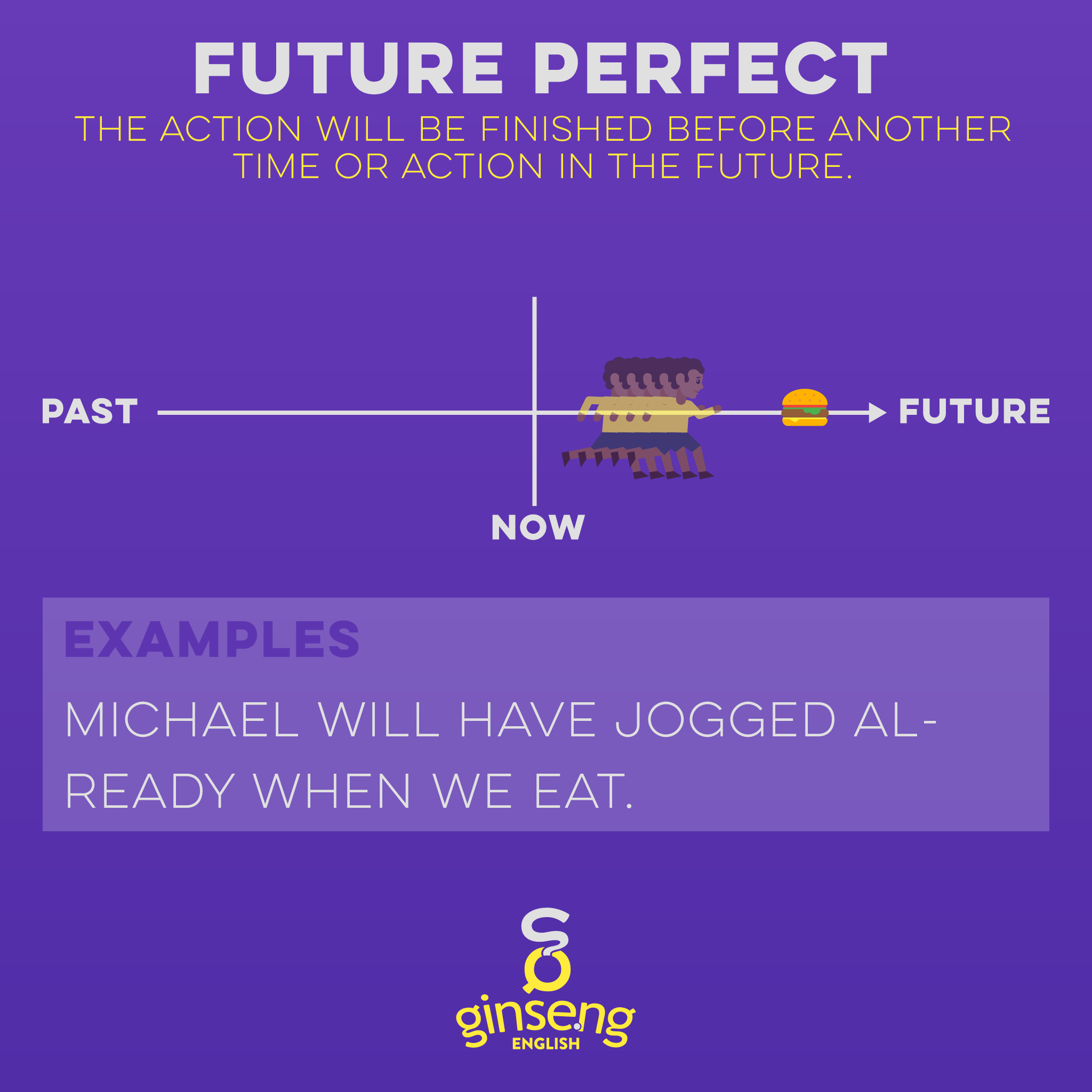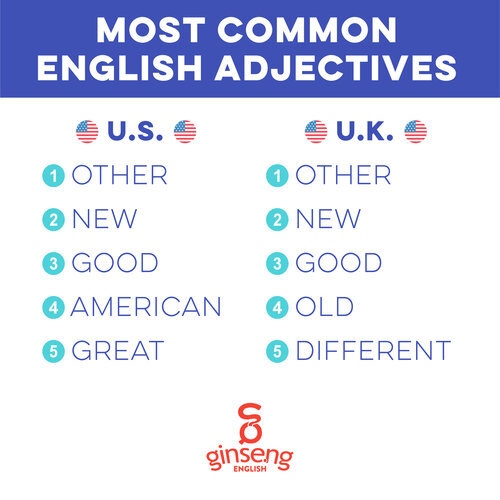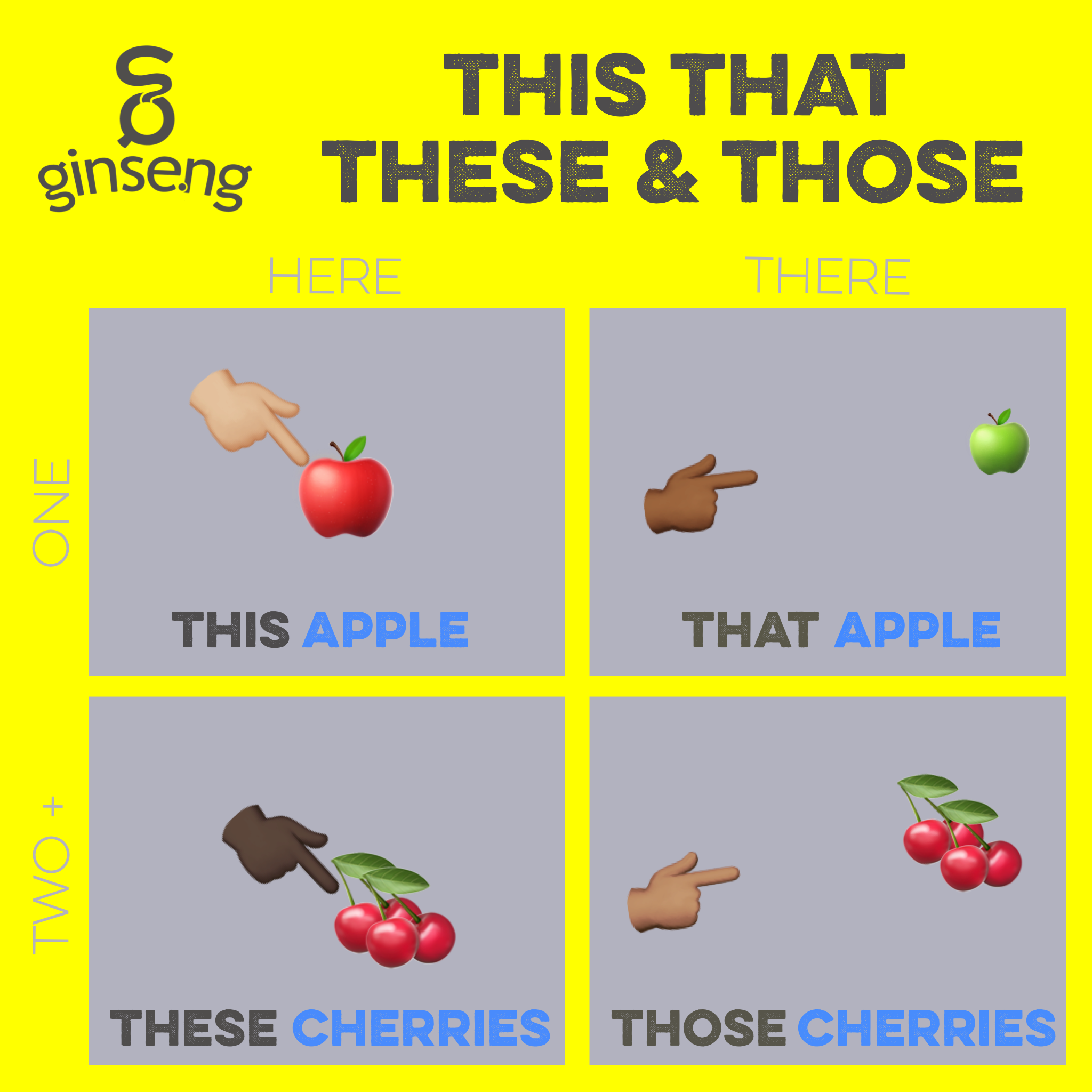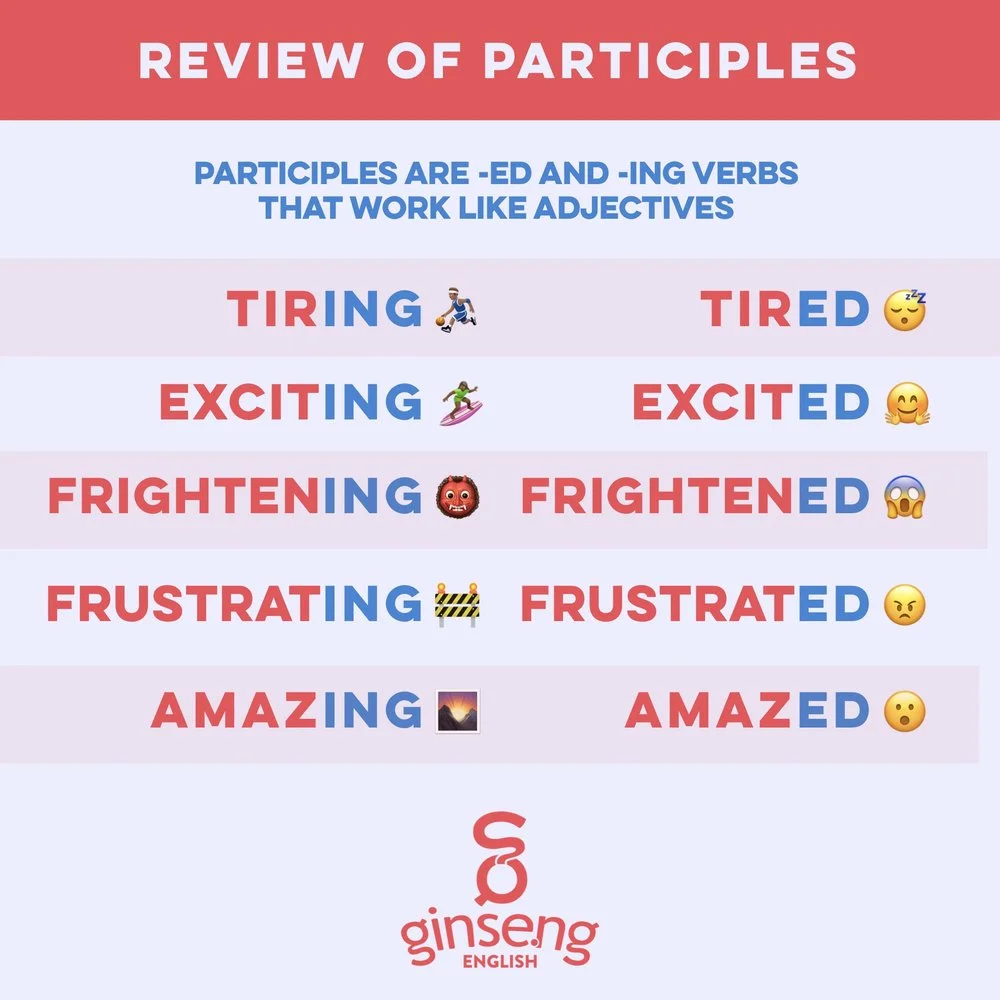30 Most Common English Verbs
Many students ask which words they should learn first. On strategy is to focus on the most commonly used words. Check out this list of the 30 most common verbs in the English language! The verbs are listed in their base form, present tense, past tense, and perfect forms.
Words that are more common will generally be more useful, so it's a good idea to learn more common verbs first! Get to know these verbs first to make the most of your new vocabulary as you learn English.
What patterns do you notice in the list of verbs?
There is a general rule in languages (sometimes called Zipf’s Law or The Principle of Least Effort) that predicts that more commonly used words will tend to be shorter. And, as you might expect from that, the first 20 most common verbs are all only one syllable.
You may also notice that 19 of the verbs on the list are irregular verbs.
Note that verbs that work only as auxiliaries and modals (such as can and will) have been removed from this list. Verbs that act as both auxiliaries and main verbs have been left in. Data for this table came from the Corpus of Contemporary American English (COCA).
List of 30 Most Common English Verbs Conjugated
If you like this, check out these other English grammar posts!

